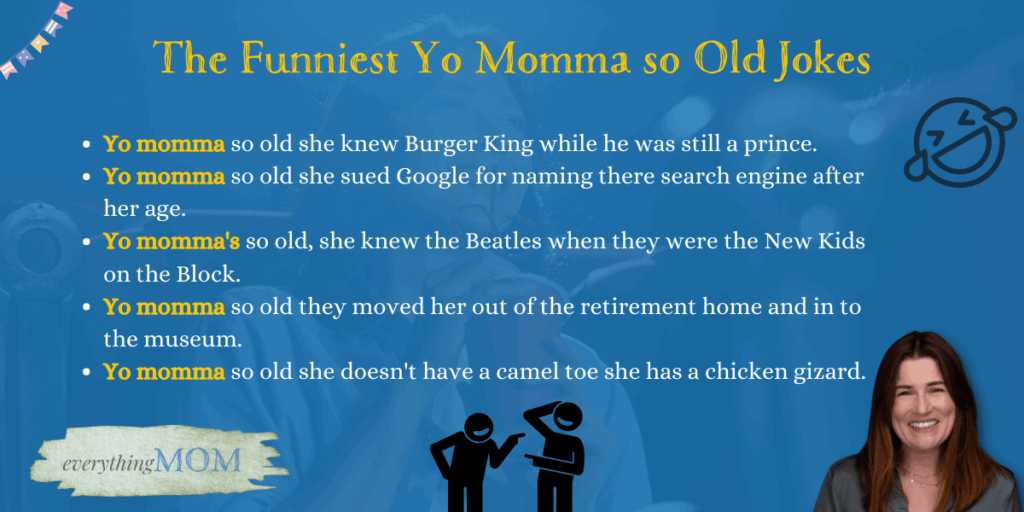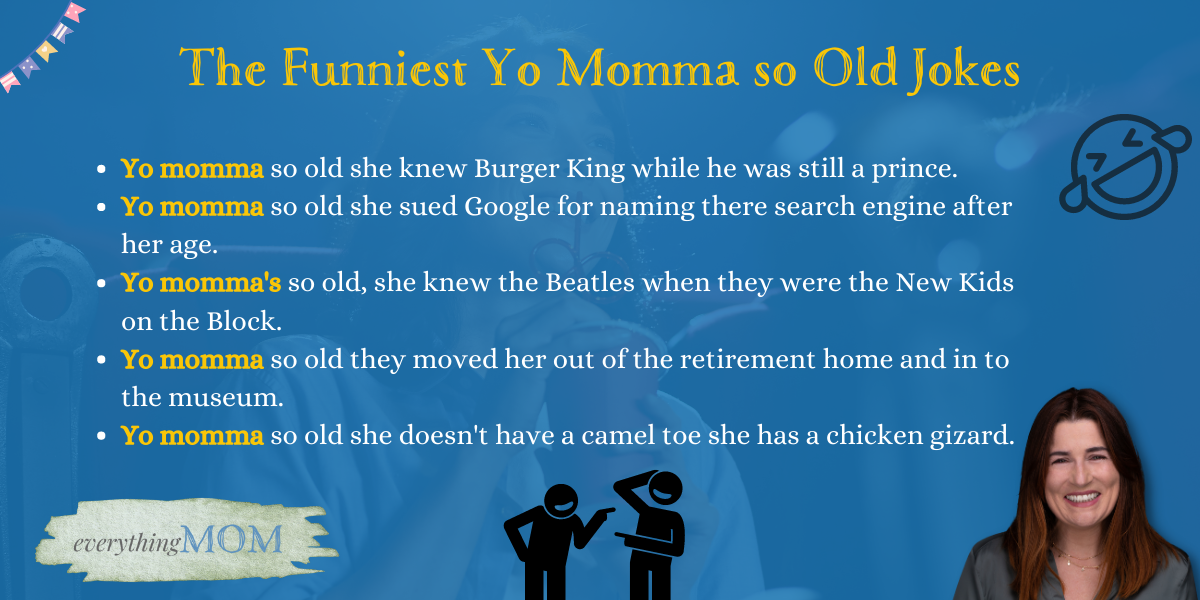
You Momma So Stupid Jokes: A Humorous Exploration of Insult Comedy
The world of humor is vast and varied, encompassing everything from witty puns to elaborate situational comedies. Among the more straightforward – and often controversial – forms of humor is the “you momma” joke. Specifically, “you momma so stupid jokes” represent a subgenre that relies on attributing outlandish and improbable acts of stupidity to the subject’s mother. This article delves into the history, psychology, and cultural significance of these jokes, examining why they persist in popular culture and exploring the line between harmless jest and offensive insult.
The Origins and Evolution of Yo Momma Jokes
While tracing the exact origins of “you momma so stupid jokes” is difficult, the concept of trading insults is ancient. Verbal sparring has long been a form of entertainment and social bonding, particularly among young people. The “yo momma” format likely evolved from earlier insult traditions, gaining popularity with the rise of hip-hop culture in the late 20th century. The inherent structure of the joke—a simple setup followed by an absurd punchline—makes it easily adaptable and memorable.
The evolution of these jokes has seen them move from playgrounds and street corners to mainstream media. Television shows, movies, and even stand-up comedy routines have incorporated “yo momma” jokes, often sanitizing them for wider audiences. The internet has further fueled their spread, with countless websites and social media pages dedicated to sharing and creating new variations. The digital age ensures that you momma so stupid jokes are readily accessible to anyone with an internet connection.
The Psychology Behind the Humor
Why do people find “you momma so stupid jokes” funny? The answer lies in the interplay of several psychological factors. One key element is the violation of expectations. The jokes are funny because they present scenarios that are so illogical and absurd that they defy common sense. This incongruity creates a sense of surprise and amusement.
Another contributing factor is the element of superiority. When we hear a joke about someone else’s mother being incredibly stupid, we subconsciously feel a sense of intellectual superiority. This feeling, however fleeting, can be pleasurable. It’s important to note that this sense of superiority doesn’t necessarily imply genuine malice; rather, it’s a momentary ego boost derived from the joke’s absurdity. Also, the shock value of attributing extreme stupidity to someone’s mother, a figure often associated with care and intelligence, can contribute to the humor. It’s the unexpectedness that often elicits laughter.
The Cultural Significance and Social Implications
“You momma so stupid jokes” are more than just silly one-liners; they reflect broader cultural attitudes and social dynamics. The jokes often target stereotypes and social anxieties, albeit in a lighthearted manner. For example, some jokes might play on stereotypes about certain professions or social groups, using the “yo momma” format as a vehicle for social commentary. [See also: The Art of Stand-Up Comedy]
However, it’s crucial to acknowledge the potential for these jokes to be offensive. While many find them harmless, others may perceive them as disrespectful or even misogynistic. The line between humor and offense is subjective and depends on individual sensitivities, cultural context, and the specific content of the joke. A joke that is considered funny among friends might be entirely inappropriate in a professional setting. When considering whether a joke is acceptable, think about who is telling the joke, who is listening, and what the broader context is. A good rule of thumb is, when in doubt, leave it out.
Examples of You Momma So Stupid Jokes
To illustrate the nature of these jokes, here are a few examples:
- You momma so stupid, she tried to drown a fish.
- You momma so stupid, she brought a spoon to the Super Bowl.
- You momma so stupid, she thought DNA was the National Dyslexia Association.
- You momma so stupid, she tripped over a cordless phone.
- You momma so stupid, she studied for a COVID test.
These examples highlight the common themes of illogical actions and misunderstandings that characterize “you momma so stupid jokes”. The humor derives from the sheer implausibility of the scenarios described.
The Ethical Considerations of Insult Comedy
The use of “you momma so stupid jokes,” and insult comedy in general, raises ethical questions about the boundaries of humor. While freedom of expression is a fundamental right, it’s important to consider the potential impact of our words on others. Jokes that perpetuate harmful stereotypes or target vulnerable groups can contribute to a hostile social environment. [See also: The Power of Humor in Social Commentary]
Responsible humor involves being mindful of the audience and the potential consequences of our jokes. It’s possible to be funny without resorting to offensive or hurtful material. In fact, some of the most brilliant comedians are those who can find humor in everyday situations and human experiences without resorting to cheap shots. Self-deprecating humor, for example, can be a powerful tool for building rapport and defusing tension. Ultimately, the goal should be to entertain and connect with others, not to alienate or offend.
The Future of You Momma Jokes
Despite their controversial nature, “you momma so stupid jokes” are likely to remain a part of popular culture for the foreseeable future. Their simplicity and adaptability make them easily shareable and memorable. However, as societal attitudes evolve, the jokes may undergo further transformations. There is a growing awareness of the importance of inclusivity and sensitivity in humor, which may lead to the creation of more nuanced and less offensive variations of the “yo momma” format.
The key to the longevity of these jokes lies in their ability to adapt to changing social norms. As long as they can evolve to reflect contemporary values, they will continue to be a source of amusement for many. However, it’s equally important to remain critical of the potential harm they can cause and to strive for a more inclusive and respectful comedic landscape. People will continue to create and share you momma so stupid jokes, but hopefully, with a greater awareness of their potential impact.
Conclusion
“You momma so stupid jokes” represent a fascinating intersection of humor, psychology, and culture. While they may not be to everyone’s taste, they offer a glimpse into the complex ways in which we use humor to navigate social dynamics and express ourselves. By understanding the origins, psychology, and ethical considerations of these jokes, we can gain a deeper appreciation for the power and potential pitfalls of humor in general. The next time you hear a you momma so stupid joke, take a moment to consider the layers of meaning and context that lie beneath the surface.
Ultimately, the value of you momma so stupid jokes is subjective. Some will find them hilarious, others will find them offensive, and still others will simply find them tiresome. Regardless of your personal opinion, it’s undeniable that these jokes have had a significant impact on popular culture and continue to be a topic of discussion and debate. Whether they represent a harmless form of entertainment or a reflection of deeper social issues, “you momma so stupid jokes” are a reminder of the complex and often contradictory nature of humor.

